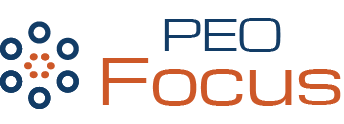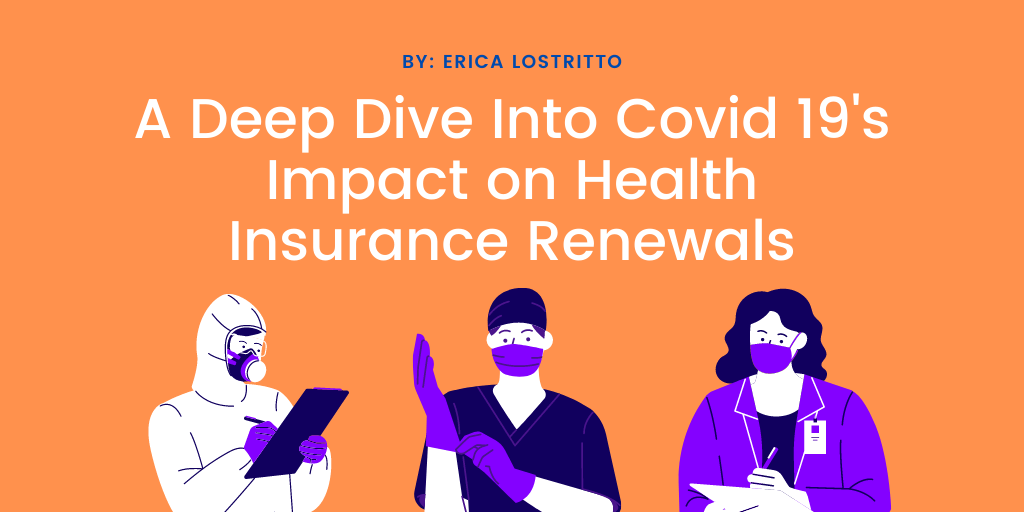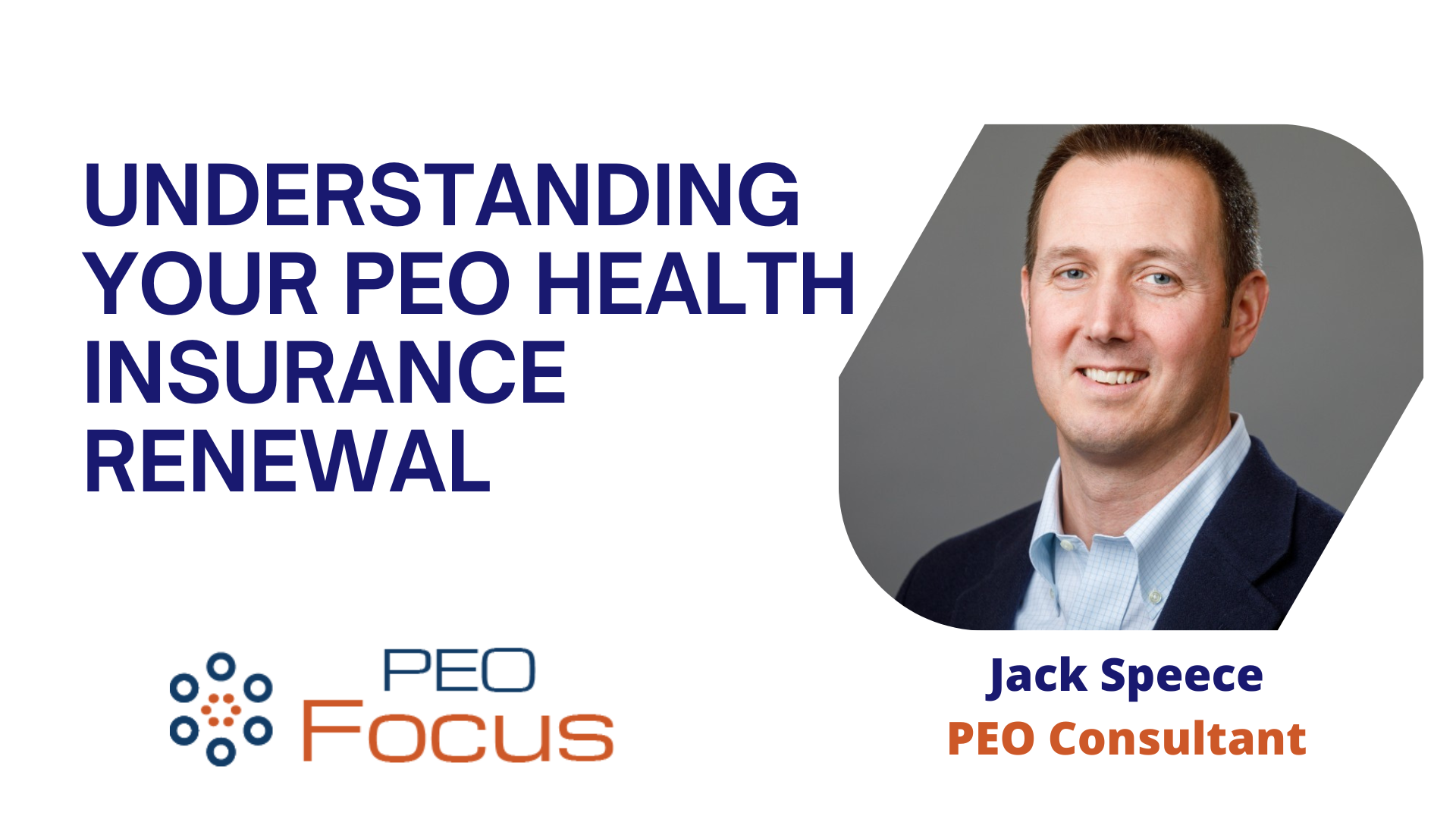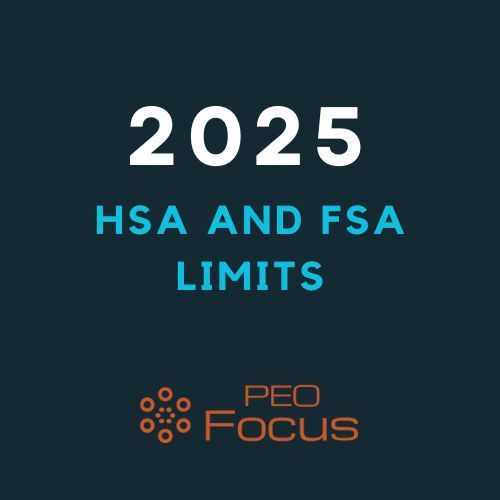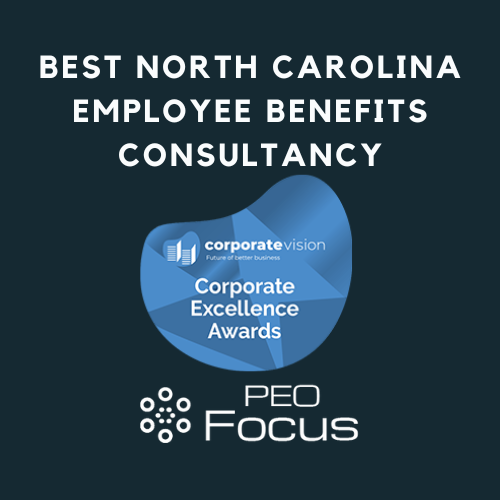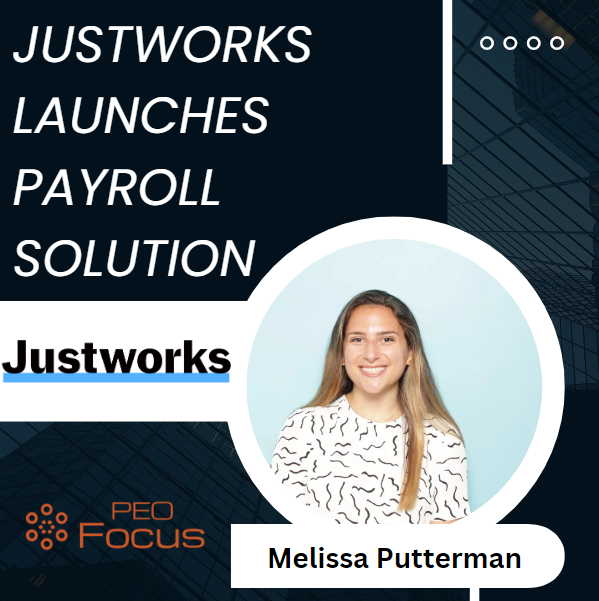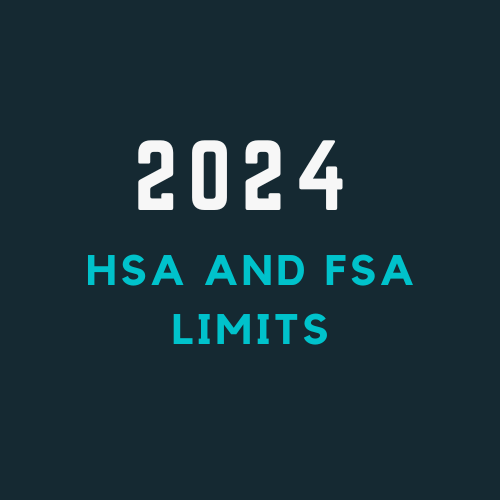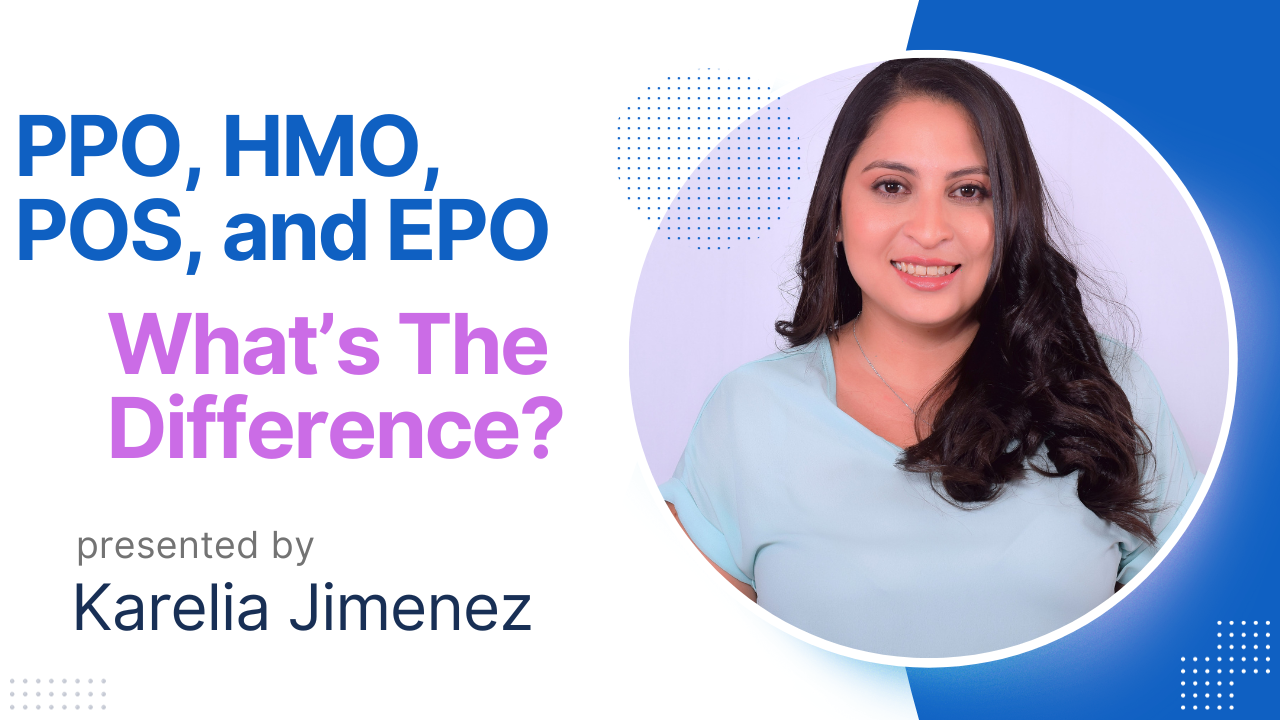Erica Lostritto is a Senior Account Executive with Justworks, a leading PEO where entrepreneurs and their teams get access to big-company benefits, automated payroll, compliance support, and HR tools — all in one place. By combining the power of a Professional Employer Organization (PEO) with expert support and simple software, Justworks gives teams of all sizes the confidence to work fearlessly.
Connect with Erica on LinkedIn
